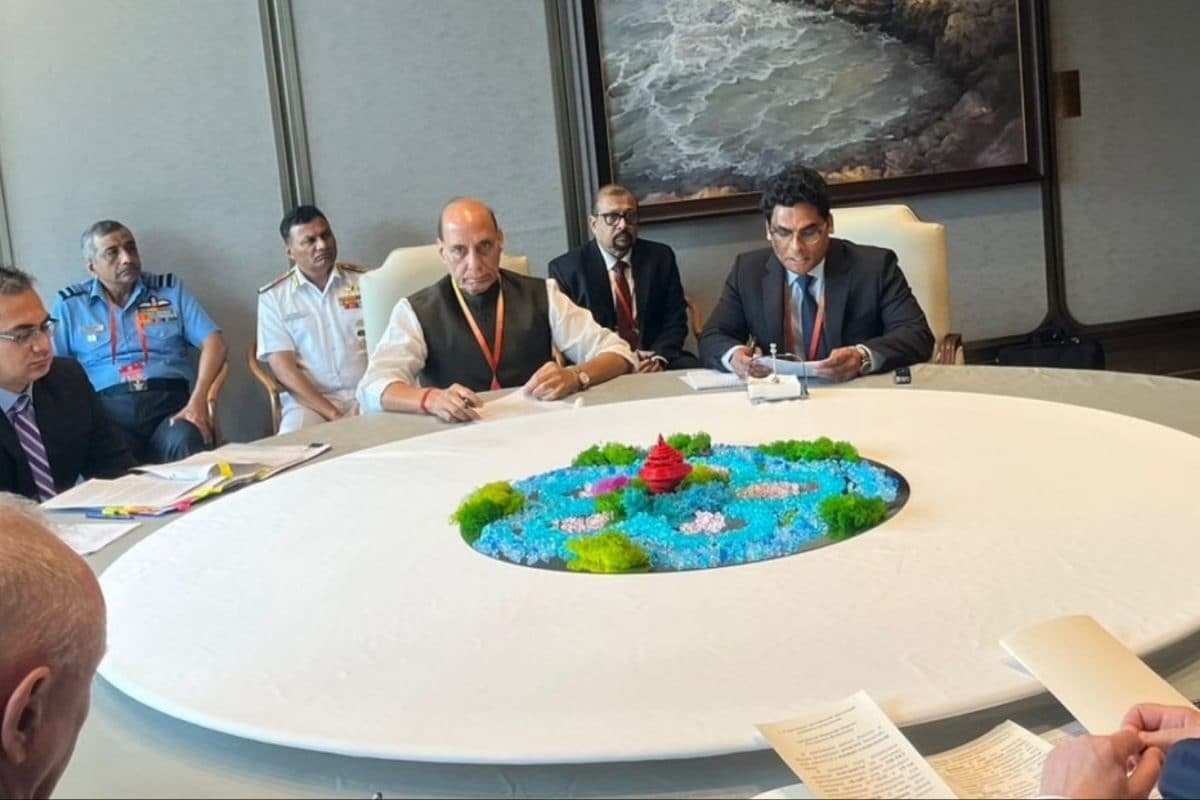

Amidst ongoing efforts to mend strained relations, Defence Minister Rajnath Singh's recent visit to China for the Shanghai Cooperation Organisation (SCO) Defence Ministers' meeting in Qingdao has underscored India's unwavering stance on terrorism. Singh's firm position led to a refusal to endorse a joint statement that, according to sources, would have diluted India's concerns regarding terrorism and regional security, ultimately resulting in no joint statement being issued.
This visit marks the first by a senior Indian minister since the military standoff along the Line of Actual Control (LAC) in eastern Ladakh, which began in May 2020, significantly strained relations between the two countries. While in China, Singh addressed the SCO, highlighting India's vision for global peace and security, and emphasizing the need for unified efforts to eradicate terrorism and extremism.
Singh explicitly condemned the use of terrorism as a tool of state policy, a clear reference to Pakistan, and emphasized that there should be no tolerance or double standards in combating terrorism. He called for collective action against those who sponsor, nurture, and utilize terrorism for their narrow political ends. He highlighted recent terror incidents such as the Pahalgam attack, which bore the hallmark of Lashkar-e-Taiba, a Pakistan-based terror group. Singh stressed that peace and prosperity cannot coexist with terror, urging SCO members to unite in their fight against this menace.
"India's zero tolerance for terrorism is manifest today through its actions," Singh stated at the SCO summit, adding, "This includes our right to defend ourselves against terrorism. We have shown that epicentres of terrorism are no longer safe, and we will not hesitate to target them."
Singh also addressed the growing threat of radicalization, particularly among youth, and stressed the importance of proactive measures to prevent its spread. He lauded the Regional Anti-Terrorist Structure (RATS) mechanism of SCO for its role in countering radicalization, highlighting the joint statement issued during India's chairmanship as a symbol of shared commitment.
India has consistently used the SCO platform to voice concerns about Pakistan-backed terrorism and advocate for stronger cooperation against UN-proscribed terror groups operating in the region. Singh's firm stance at the SCO meeting is consistent with India's previous independent positions in multilateral forums, where it has resisted attempts to align fully with agendas that do not reflect its core concerns. India had previously declined to endorse the Belt and Road Initiative and opposed the BRICS currency basket plan proposed by China.
While in Qingdao, Singh was expected to hold bilateral talks with his Chinese and Russian counterparts, focusing on regional security and defense cooperation.